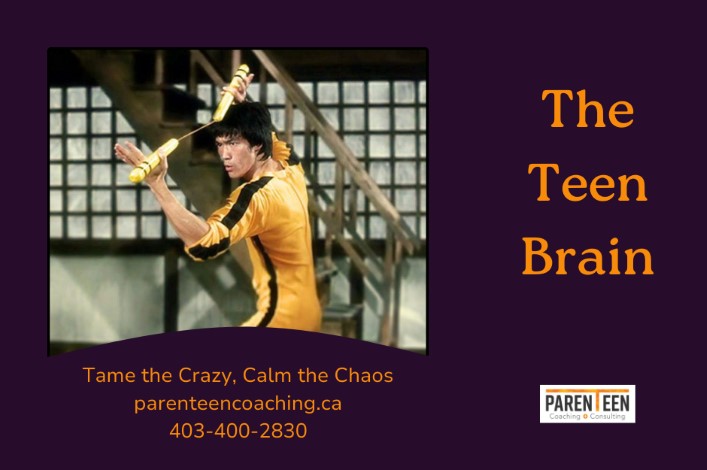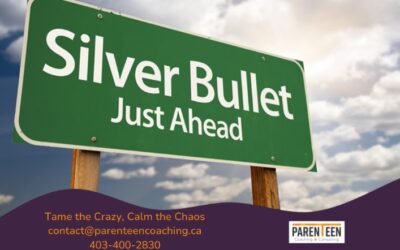There was a day when I decided to take my coolness to the next level, channeling my inner Bruce Lee and attempting to ride my bike with no hands while swinging the nunchucks. I was determined to impress my friends and show off my fearless skills. For a brief moment, I felt like the epitome of coolness. This was until the nunchuck got entangled in my front bike spoke, leading to a catastrophic ending. In an instant, I found myself hurtling over the handlebars, my world turning upside down as I crashed to the ground. The aftermath was not pretty. I suffered a compound fracture in my left wrist, a sight I wouldn’t wish upon anyone. The pain was excruciating, and I had to be taken to the hospital; my coolness shattered along with my wrist.
This incident was not an isolated event. Merely a month prior, I had casts removed from both arms, the aftermath of breaking both wrists simultaneously in a floor hockey mishap. Those memories serve as reminders of the consequences of foolish endeavors. I had to learn the lessons the hard way. I no longer entertain the dangerous allure of nunchucks or the thrill of riding with no hands. Wisdom has replaced my recklessness, and caution now guides my actions.
I share this story to highlight a very important lesson for parents: teenagers often do things that defy common sense and conventional wisdom. You were no exception when you were a teenager, and I am certain that when you look back on your teenage years, you can identify decisions and behaviours that make you wonder, “What the hell was I thinking?”
This is what happens when you have a brain that is developing. It takes about 25 years for brains to develop, specifically the rational/logical and emotional areas. Parents must understand that their teenager will often experience intense emotions, make poor decisions, and behave in ways that will leave them wondering, “What the hell were they thinking?” It’s part of the gig.
All parents can benefit from having at least a basic understanding of the teen brain. This is a great strategy for taming a parent’s crazy as they begin to understand that their teenager’s behaviour is not some diabolical plan to make their life miserable…at least not all the time.






0 Comments